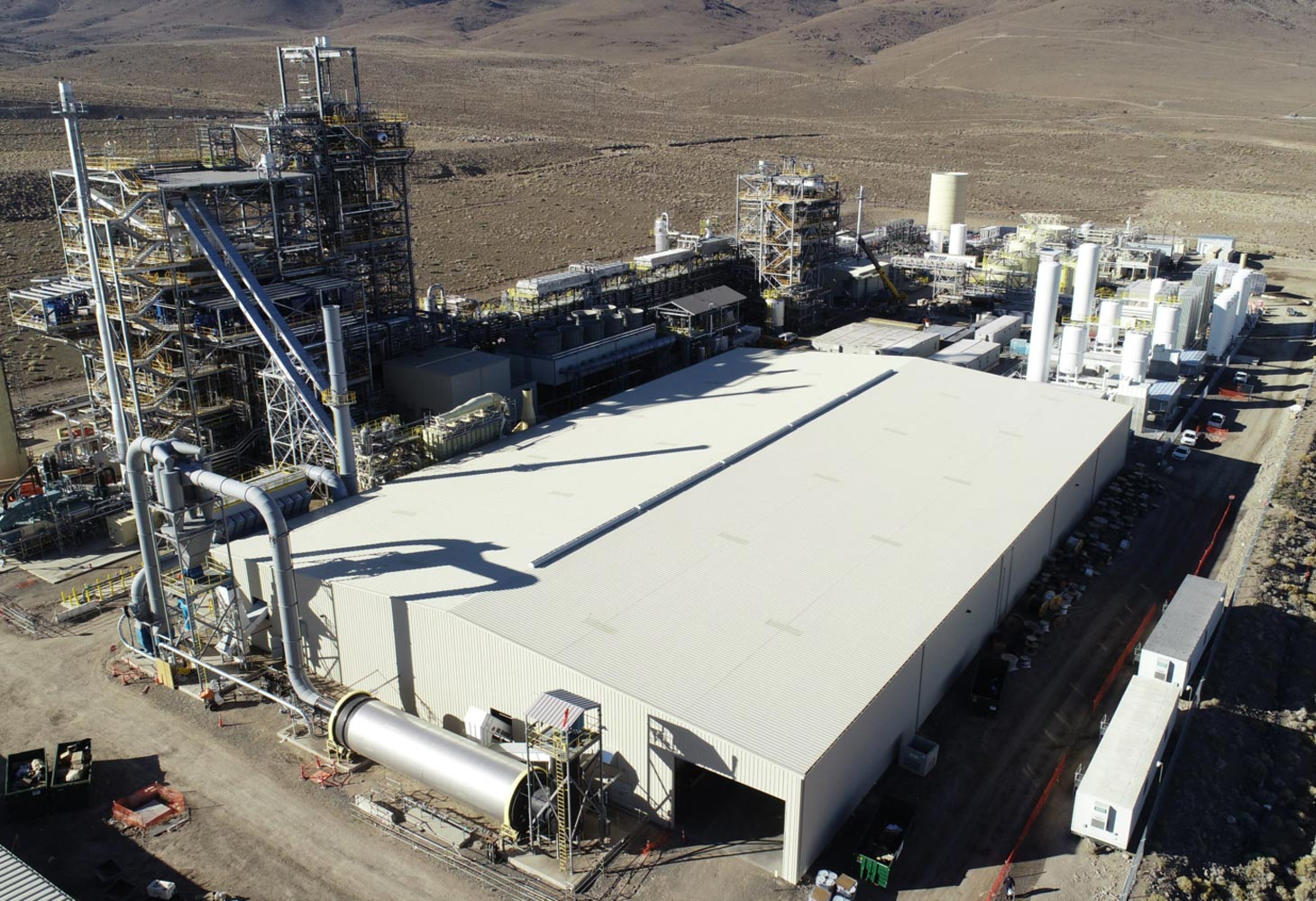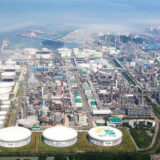
SK Innovation to license Fulcrum’s waste-to-fuel process in Asia
SK Innovation has completed a USD20 million equity investment in Fulcrum BioEnergy Inc., a clean energy company based in Pleasanton, California, U.S.A. which transforms landfill waste into net-zero carbon transportation fuels, including sustainable aviation fuel and diesel fuel. SK Innovation is the energy arm of South Korea’s SK Group.
In addition, Fulcrum and SK Innovation will work together to enter into an exclusive licensing agreement providing the opportunity to explore the possibilities of bringing Fulcrum’s patented and proprietary waste-to-fuel process to South Korea and select countries in Asia.
SK Innovation operates South Korea’s largest oil refinery as well as petrochemical, e-mobility battery and information electronic materials businesses. This is the second investment that the SK Group has made in Fulcrum BioEnergy Inc., following its participation in a USD50 million equity round in December 2021 by SK Inc.
“This investment signals another strong vote of confidence in Fulcrum’s proprietary waste-to-fuels process following the recent operational achievement of producing syngas from landfill waste at our Sierra BioFuels Plant,” said Eric Pryor, Fulcrum’s president and chief executive officer. “The team at SK Innovation have been at the forefront of shepherding South Korea into a green energy future. We look forward to our continued partnership as we explore the many possibilities ahead of us in Asia.”
This expanded partnership and investment comes on the heels of the company completing the commissioning and initial operations of its inaugural biorefinery, the Sierra BioFuels Plant located east of Reno, Nevada, U.S.A. In May, the company demonstrated its ability to transform landfill waste feedstock into a syngas, laying the groundwork for Fulcrum to move on to the final step in its waste-to fuels process, converting the syngas into liquid fuel.
Beyond the Sierra BioFuels Plant, Fulcrum has also announced plans for additional plants as it seeks to scale up its production and address critical and urgent environmental issues— the reduction of carbon emissions from the aviation industry, of garbage sent to landfills and of the nation’s dependence on foreign oil.









